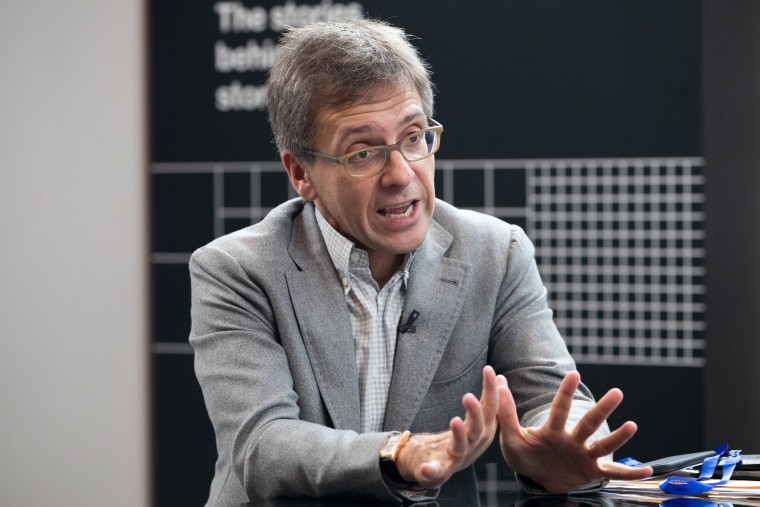It’s been nearly 18 months since the United States elected an “America First” president and almost five more since the United Kingdom voted to leave the European Union.
And as Ian Bremmer could have predicted, this global trend toward protectionism shows no signs of slowing down.
Bremmer, president of the political risk consultancy firm Eurasia Group, joined Chuck Todd in the latest episode of 1947: The Meet The Press Podcast to discuss how changing economies and evolving technology have led to a rise in populism in America and around the world.
These disruptions are testing leaders, systems and structures in unforeseen ways—and, as Bremmer predicts, will generate lasting implications.
“Some level of cracking of the liberal democratic model, at this point, is probably inevitable.”
In his latest book, Us vs. Them: The Failure of Globalism, Bremmer warns that leaders are building walls—both real and virtual—to meet the public’s demand for protection.
And while Bremmer acknowledges we’ve yet to experience a significant crisis since President Trump took office, he worries where the movement would shift if economic tension intensified.
“The fact that there’s this much ‘us vs. them,’ this much dissatisfaction” during times of relative economic prosperity leads to one looming question: “What’s going to happen when we have our next big recession?”
How populist cries would alter or escalate is uncertain, but seemingly on the horizon is an emerging global order—one that Bremmer hopes “can be something that the United States plays a significant role shaping.”
